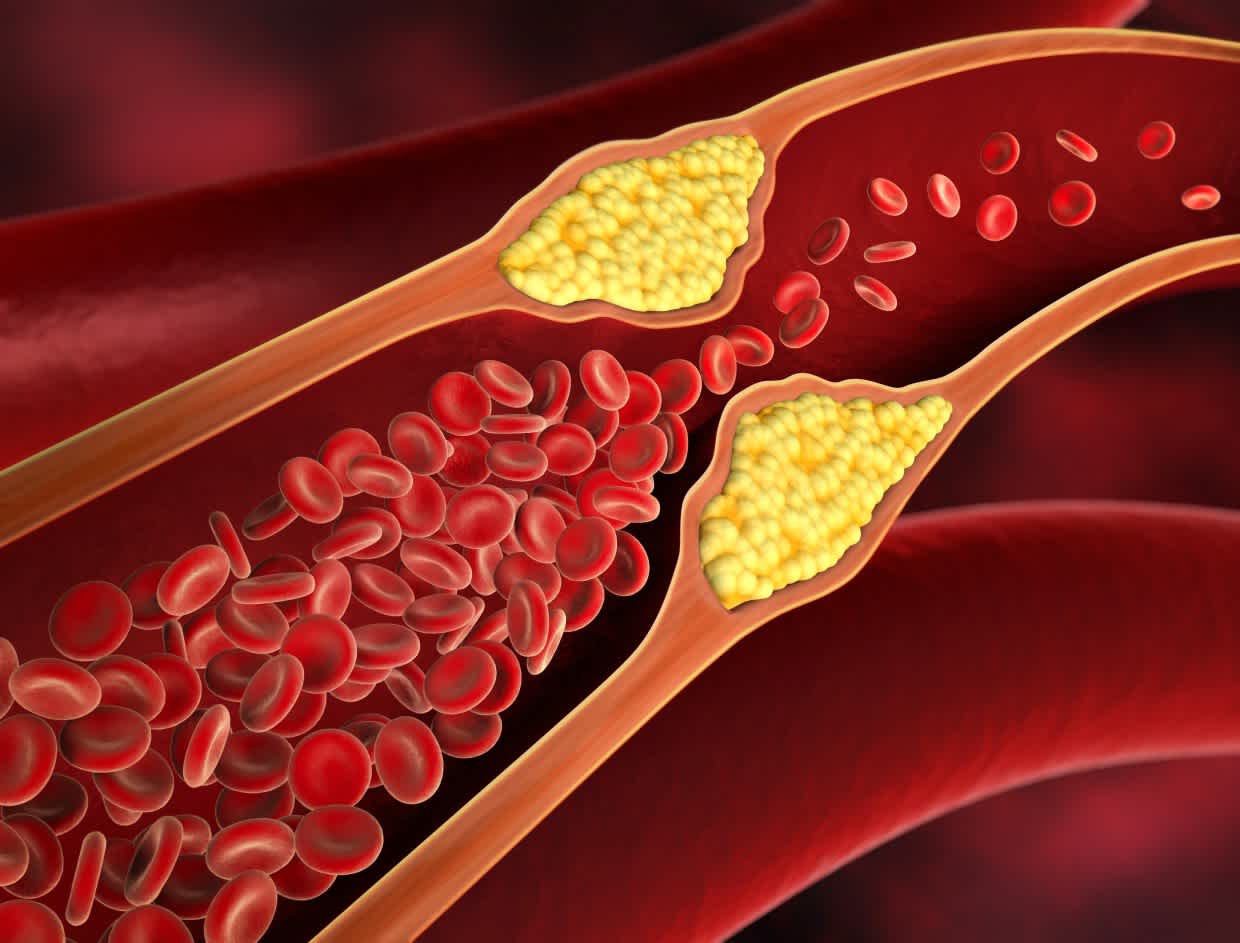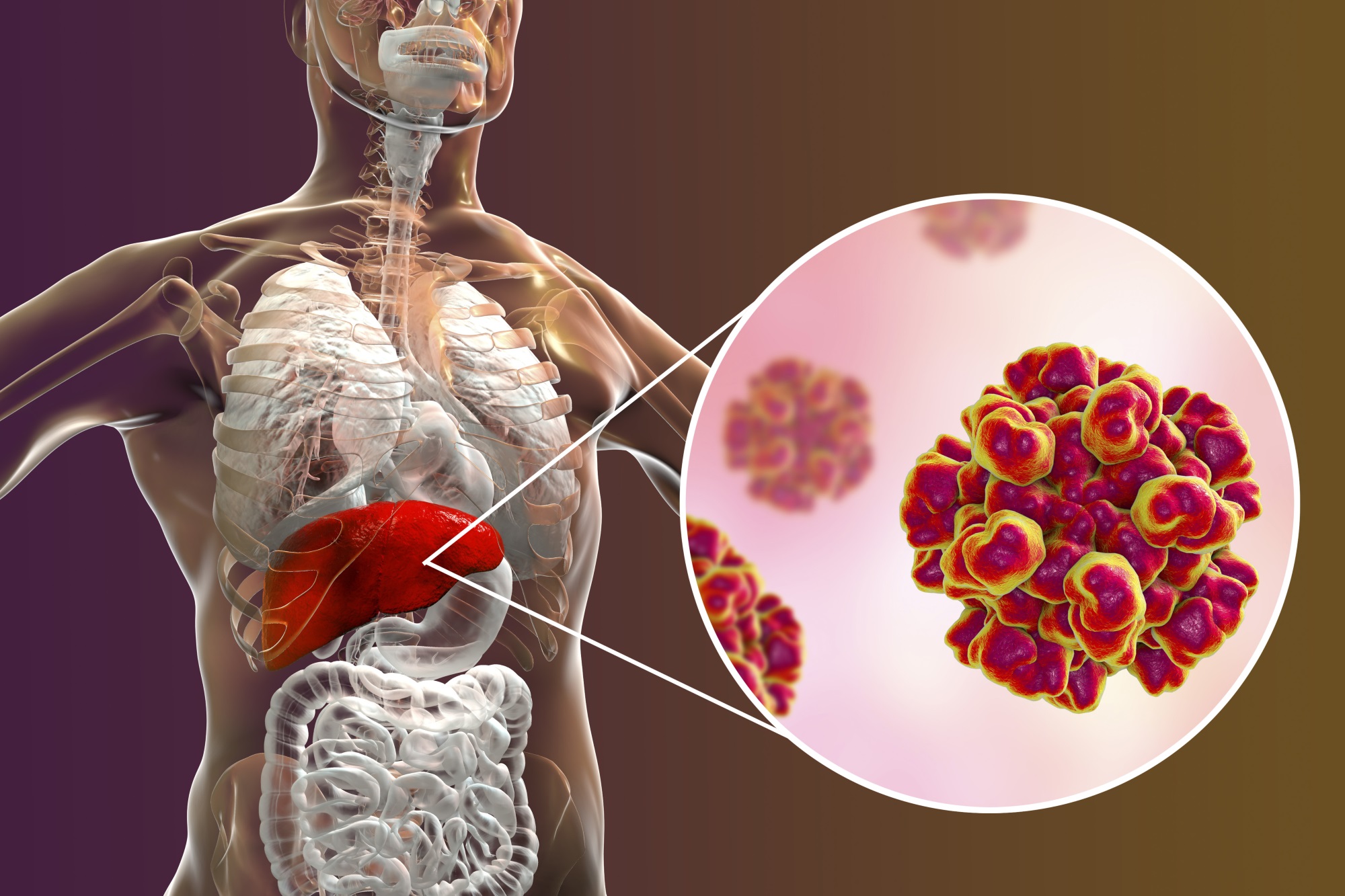Cholecystolithiasis, Choleliths, Cholelithiasis, Biliary colic, Gallstones, Gallbladder calculus.
Root Cause of Disease
Gallstones are hardened deposits of digestive fluid that can form in your gallbladder. Gallstones are developed because of an imbalance in the chemical makeup of bile inside the gallbladder.
The levels of cholesterol in bile become too high and the excess cholesterol forms into stones. Gallstones may form if bile contains too much cholesterol, too much bilirubin, or not enough bile salts. Gallstones also may form if the gallbladder does not empty completely or often enough.
Symptoms
Gallstones may cause no signs or symptoms. Gallstone pain may last several minutes to a few hours. If a gallstone lodges in a duct and causes a blockage, the resulting signs and symptoms may include:
- Sudden and rapidly intensifying pain in the upper right portion of your abdomen.
- Sudden and rapidly intensifying pain in the center of your abdomen, just below your breastbone.
- Back pain between your shoulder blades.
- Pain in your right shoulder.
- Nausea or vomiting.
- Fever even a low-grade fever or chills.
- Yellowish color of your skin or whites of your eyes, called jaundice.
- Tea-colored urine and light-colored stools.
Causes
Your bile contains too much cholesterol: Normally, your bile contains enough chemicals to dissolve the cholesterol excreted by your liver. But if your liver excretes more cholesterol than your bile can dissolve, the excess cholesterol may form into crystals and eventually into stones.
Your bile contains too much bilirubin: Bilirubin is a chemical that’s produced when your body breaks down red blood cells. Certain conditions cause your liver to make too much bilirubin, including liver cirrhosis, biliary tract infections and certain blood disorders. The excess bilirubin contributes to gallstone formation.
Your gallbladder doesn’t empty correctly: If your gallbladder doesn’t empty completely or often enough, bile may become very concentrated, contributing to the formation of gallstones.
Home Remedies to mend gallstones
Remedy – 1: Turmeric Milk
Materials: Turmeric

Turmeric is famed for its excellent choleretic as well as anti-inflammatory properties, owing to curcumin compounds. Turmeric stimulates the gallbladder to produce bile and helps the gallbladder empty itself.
For gallbladder health, turmeric can stimulate bile formation to ease gallbladder emptying. Incorporating turmeric into your diet can also reduce inflammation and gallbladder pain.
Procedure:
Having some warm milk infused with turmeric after meals at night assists in liquifying bile fluids, ridding gallstones from bile ducts and significantly improves digestion and liver health.
It supports detoxification for the liver; promotes a healthy response to allergens and a healthy immune response; assists digestion; helps purify the blood; and promotes health of the lungs, circulation and nervous system.
Requirements:
- 1 cup of whole organic milk.
- 1 teaspoon turmeric powder.
- A sprinkle of black pepper.
- A dab of ghee.
- Honey or organic sugar to taste.
Directions:
- Place milk in a saucepan over low/medium heat.
- Bring to a low boil.
- Add all ingredients except the honey or sugar. Let the mixture simmer for a few minutes, stirring occasionally.
- Turn off heat, and allow the mixture to cool to a warm drinkable temperature.
- When the mixture has cooled, add honey or sugar to taste.
- Serve warmly.
Remedy – 2: Aloe vera Juice
Materials: Aloe vera

Procedure:
Aloe Vera is extremely effective for the treatment of various illnesses. It is helpful for liver and gallbladder issues as well. It is a very powerful ingredient that cleanses the gallbladder of stones. It helps improve immunity which helps the body fight infection. This is due to its Rasayana (rejuvenating) property.
Extracting the gel from aloe leaves, adding some honey and consuming this aloe vera juice regularly is a proven natural remedy for gallstones.
Requirements:
- 1 aloe vera leaf to make juice.
- 2 tsp aloe vera gel.
- 1 cup of water or any vegetable or fruit juice.
- sweetener as desired.
- lemon juice as needed (optional).
Directions:
- Wash aloe vera leaf. Pat dry with a cloth
- Slit one of the edges with scissors and open up the outer layer.
- Scoop off the gel, discard any greenish gel.
- Store it in a dry jar and refrigerate for further use. (Read the complete post for details)
- Add 2 tsp gel to any fruit juice and blend.
- Serve immediately.
Product link: Aloe vera gel
When to see a doctor?
Make an appointment with your doctor if you have any signs or symptoms that worry you. Seek immediate care if you develop signs and symptoms of a serious gallstone complication, such as:
- Abdominal pain is so intense that you can’t sit still or find a comfortable position.
- Yellowing of your skin and the whites of your eyes (jaundice).
- High fever with chills.
Complications
Complications of gallstones may include:
Inflammation of the gallbladder: A gallstone that becomes lodged in the neck of the gallbladder can cause inflammation of the gallbladder (cholecystitis). Cholecystitis can cause severe pain and fever.
Blockage of the common bile duct: Gallstones can block the tubes (ducts) through which bile flows from your gallbladder or liver to your small intestine. Severe pain, jaundice and bile duct infection can result.
Blockage of the pancreatic duct: The pancreatic duct is a tube that runs from the pancreas and connects to the common bile duct just before entering the duodenum. Pancreatic juices, which aid in digestion, flow through the pancreatic duct. A gallstone can cause a blockage in the pancreatic duct, which can lead to inflammation of the pancreas (pancreatitis). Pancreatitis causes intense, constant abdominal pain and usually requires hospitalization.
Gallbladder cancer: People with a history of gallstones have an increased risk of gallbladder cancer. But gallbladder cancer is very rare, so even though the risk of cancer is elevated, the likelihood of gallbladder cancer is still very small.
Other Remedies
Apple cider vinegar with apple juice
Some people believe that apple juice softens gallstones, allowing them to be excreted from the body with ease. One cleanse involves mixing apple cider vinegar into the apple juice before drinking it. Apple cider vinegar is available to buy in health stores and online.
Product link: Apple Cider Vinegar
Lemon Juice
Lemon juice is a very effective home remedy for keeping gallstone attacks under control. It can stop your liver from making cholesterol which can help in faster recovery. Lemon juice has pectin which can help you to rid of the gallbladder pain attributed to stones. Also it has Vitamin C which is making the cholesterol water soluble and this can promote faster elimination of waste products. You should drink fresh juice squeezed from 4 lemons each day on an empty stomach. You should follow this home remedy with a glass of water. You should continue this natural treatment for a week. Also you can drink 4 tablespoons of lemon juice mixed in one glass of warm water every day on an empty stomach. You should continue this natural treatment for several weeks until the gallstones are eliminated from the body.
Peppermint
It is known fact that this natural cure can aid digestion by stimulating the flow of bile and other digestive juices. Also it has a component known as terpene which can effectively dissolve gallstones. It is believed that this home remedy can help to relax spasms and relieve gallbladder pain. You should boil one cup of water. Add one teaspoon of dried peppermint leaves in the water. Remove it from the heat. Cover it and steep for 5 minutes. Strain it and then add one teaspoon of honey in it. You should enjoy this home remedy while it is still warm, 2 times per day in a period of 4 – 6 weeks. You should drink this home remedy between your meals because it will give you the best results.
If pain is caused by gallstones, you can drink a tea prepared from:
- Pimpernel
- Dandelion Roots
- Mint Leaves
- Yarrow
Preventions
You can reduce your risk of gallstones if you:
Don’t skip meals: Try to stick to your usual mealtimes each day. Skipping meals or fasting can increase the risk of gallstones.
Lose weight slowly: If you need to lose weight, go slow. Rapid weight loss can increase the risk of gallstones. Aim to lose 1 or 2 pounds (about 0.5 to 1 kilogram) a week.
Eat more high-fiber foods: Include more fiber-rich foods in your diet, such as fruits, vegetables and whole grains.
Maintain a healthy weight: Obesity and being overweight increase the risk of gallstones. Work to achieve a healthy weight by reducing the number of calories you eat and increasing the amount of physical activity you get. Once you achieve a healthy weight, work to maintain that weight by continuing your healthy diet and continuing to exercise.




